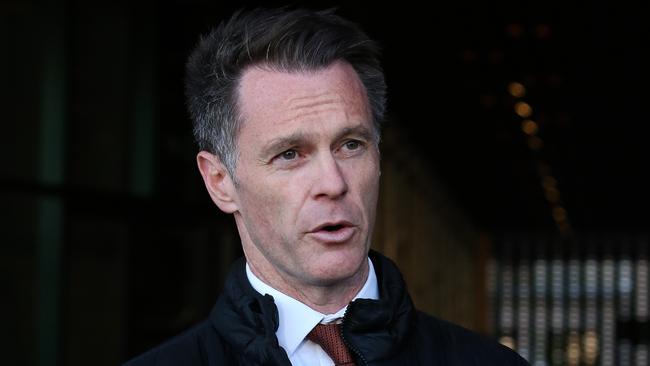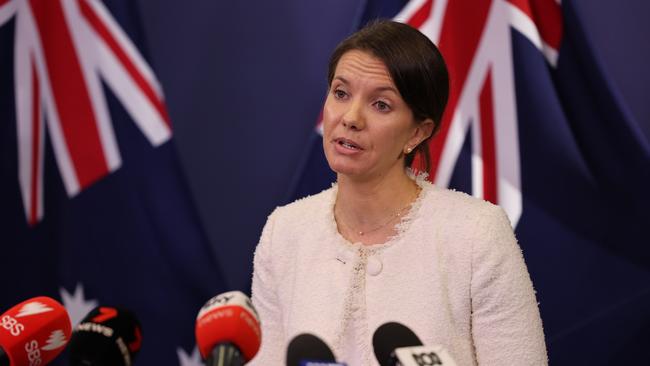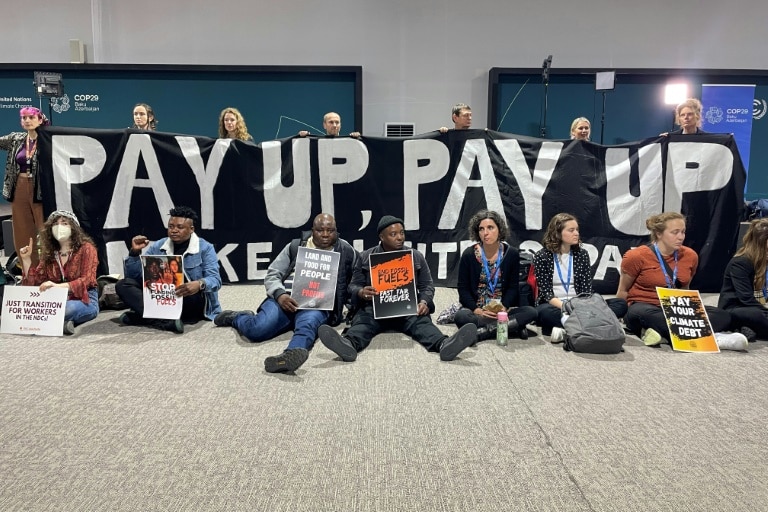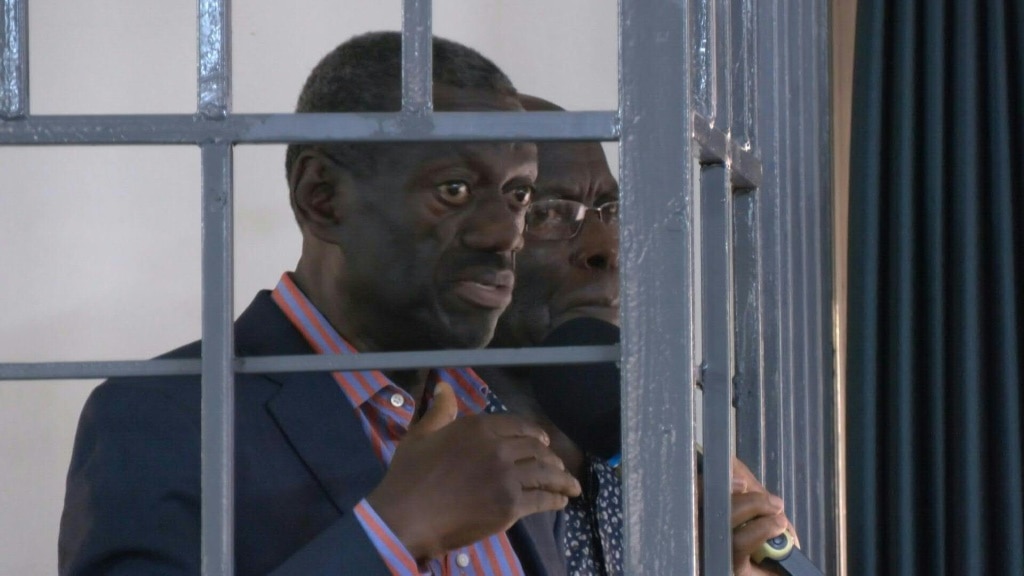NSW government criticised for hidden $120m funding cut to critical mental health program
Mental health bodies are in arms over a cut to a vital program which helps vulnerable mental health patients ease back into the community.

Breaking News
Don't miss out on the headlines from Breaking News. Followed categories will be added to My News.
Enraged mental health advocates have taken aim at the NSW government for gutting a program helping some of the healthcare system’s most-vulnerable patients.
A $111.8m pre-budget funding announcement on Tuesday contained a four-year funding commitment of $40m for the Pathways to Community Living Initiative (PCLI).
But that was significantly less than the $160m over four years the program initially went out to tender for in December 2021.
The revised amount means that instead of the planned 230 places the program could have supported, the initiative, which helps long term mental health patients with complex issues, will now only be able to cater for 20.
Providers currently negotiating with the government were blindsided by an email from NSW Health on Tuesday confirming the cut, with the department saying it will now undergo a detailed planning process to reduce the scope and costing of the scheme.

Black Dog Institute’s head of government relations Lawrence Muskitta said it was “atrocious” for the government to cut a program “at a time like now, when the need is so high”.
“Independent evaluations of this program has shown that it reduces hospital admissions and interactions with police. It helps keep people health and living in the community,” he said.
“People who have very severe mental health issues and long-term mental health issues often find it very difficult to stay in stable housing and to stay in treatment, so this program could really prevent so many people out there in the community from going to hospital or going to prison.”
Mental Health Co-Ordinating Council chief executive Evelyne Tadros accused the government of “watering down the program,” that would ultimately cost the government more money.
“Not only is it a human rights issue, it also costs more to keep clients in inpatient care, instead of having them live in the community with choice and autonomy,” said Dr Tadros.
NSW Mental Health Minister Rose Jackson said Tuesday’s $40m funding to the PCLI was new funding which would enable the program to continue running.

It’s understood the $160m which originally went out to tender required additional contracts with providers so the program could service the full 230 clients, however discussions weren’t successful.
“This investment will pay for the ongoing provision of 25 staff across the NSW mental health system dedicated to working with people who have persistent mental illness and complex needs,” she said.
“Without this, these workers are currently employed but faced a funding cliff.”
But Ms Jackson said “more needs to be done”.
“This is a significant investment and a stepping stone for us to continue to build on,” she said.
“I am committed to continuing to work with experts in the field on long term interventions.”

The funding stoush coincided with the finalisation of a parliamentary inquiry into the access of mental health care, which described NSW’s current landscape as being “chronically and severely underfunded”.
The final report, also called for the immediate and “significant” reform to address gaps in access, which includes more funding for clinicians, health professionals, and services.
Committee chair and Greens spokeswoman for health Amanda Cohn said the funding cut was an “insult to all the people that gave up their time and energy to contribute to the inquiry”.
“The cut to PCLI is particularly distressing, it was a recommendation of the inquiry that funding for supported living programs including PCLI are increased, and the funding that was announced today is less that what was previously promised.”
On Tuesday, Premier Chris Minns said he had yet to review the report and its 39 recommendations.
Originally published as NSW government criticised for hidden $120m funding cut to critical mental health program


